
Once upon a time, there was a coffee house called Belvárosi Café, one of the largest and most prestigious cafés in Pest, which was the first to reopen its doors after the siege of Budapest. Its manager, Egon Rónay, was the scion of a famous hospitality dynasty and the initiator of the English gastronomic revolution.
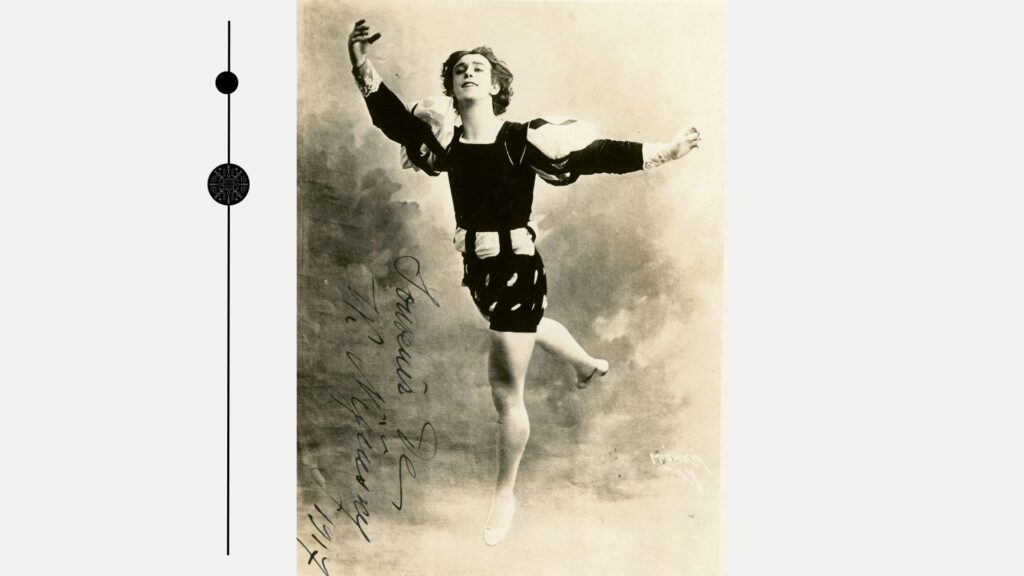
‘One of the greatest male dancers of the 20th century was born in Kyiv in 1889 to Polish parents. He rose to fame as a member of the Tsarist ballet, and then, under Diaghilev, in ballet productions choreographed by Mikhail Fokine and with sets by Leon Bakst, he became an icon of modernist art.’
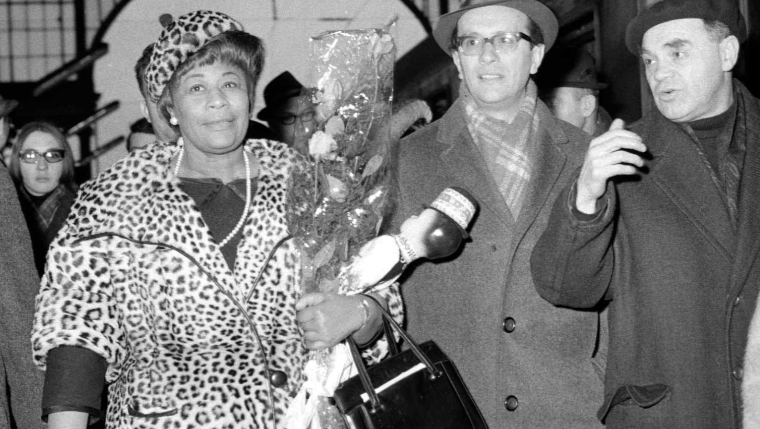
‘When…one of Louis Armstrong’s most brilliant musical partners, or as she was referred to overseas, the “First Lady of Song”, Ella Fitzgerald, visited Budapest for the first time on a leap day, 29 February 1968, the traffic chaos did not repeat itself, but people were hanging even from the chandeliers at the concert held at the Erkel Theatre.’
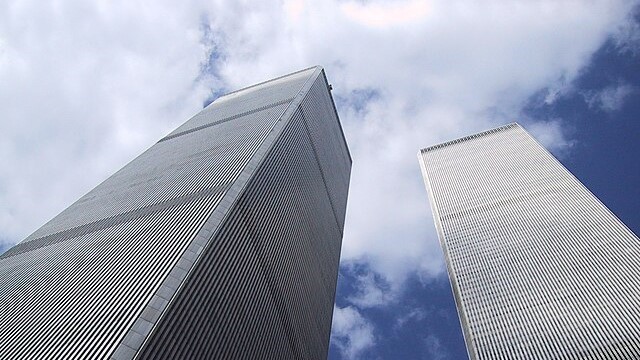
‘A little-known Hungarian photographer, Balthazar Korab…was the one who perceived and conveyed the symbolic meaning in the World Trade Center, as he did in other iconic works of American modernist architecture. He captured a kind of capitalistic grandeur—if one may call it that—that today, when we view these images and cannot help but think of the terrible outcome, feels ominous and oppressive.’
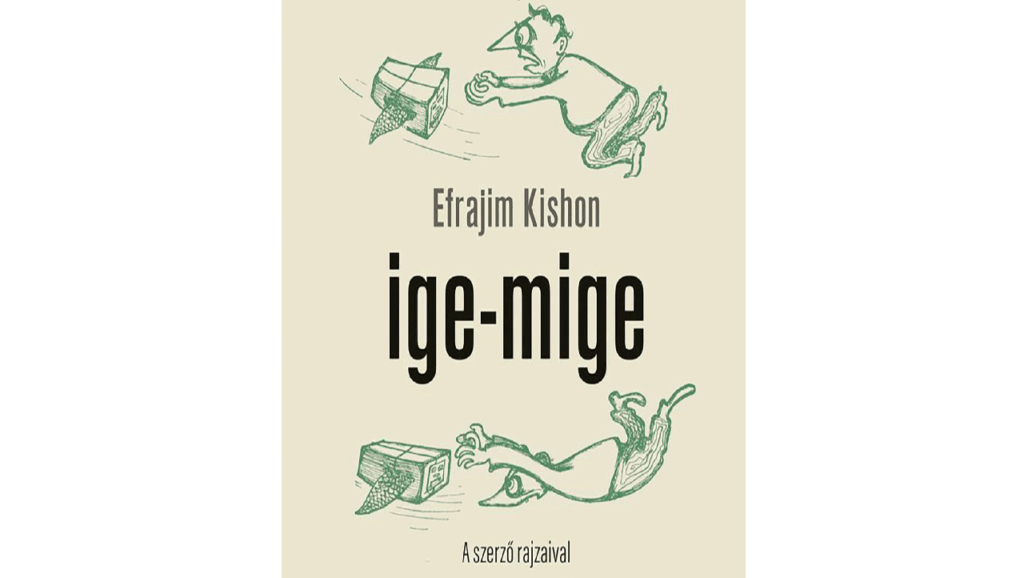
‘In [Ige-mige], readers are confronted with cultural and religious tensions, party strife, infrastructure that can hardly be called rudimentary at all, and the fatal combination of Mediterranean laxity, which then leads to the capricious despotism of bus drivers and endless queues.’
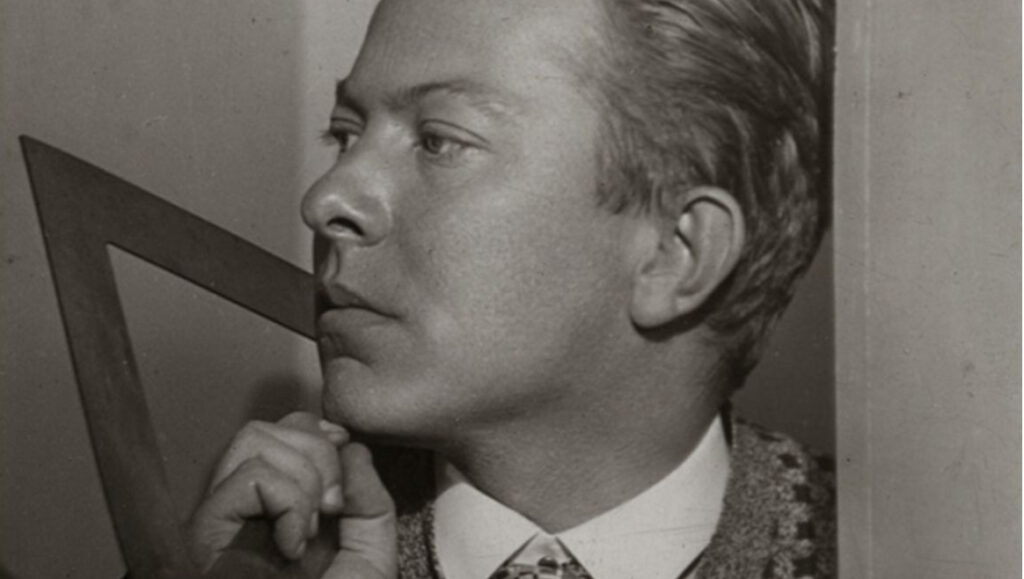
‘The recurring motif of [Farkas Molnár’s] paintings, reminiscent of his childhood games with his siblings and the Bauhaus kite festivals, is a—what a beautiful term—“flying toy”, a flying model, a symbol of longing, separation, and at the same time a Promethean innovation that revolutionizes everyday life.’

‘Their achievements in the following years are also remarkable because they worked in a complete vacuum, relying only on their own research and calculations. By March 1944 Bay’s team had reached the point where they could target the “locating” of the Moon—that is, capturing microwave signals reflected from the Moon’s surface.’
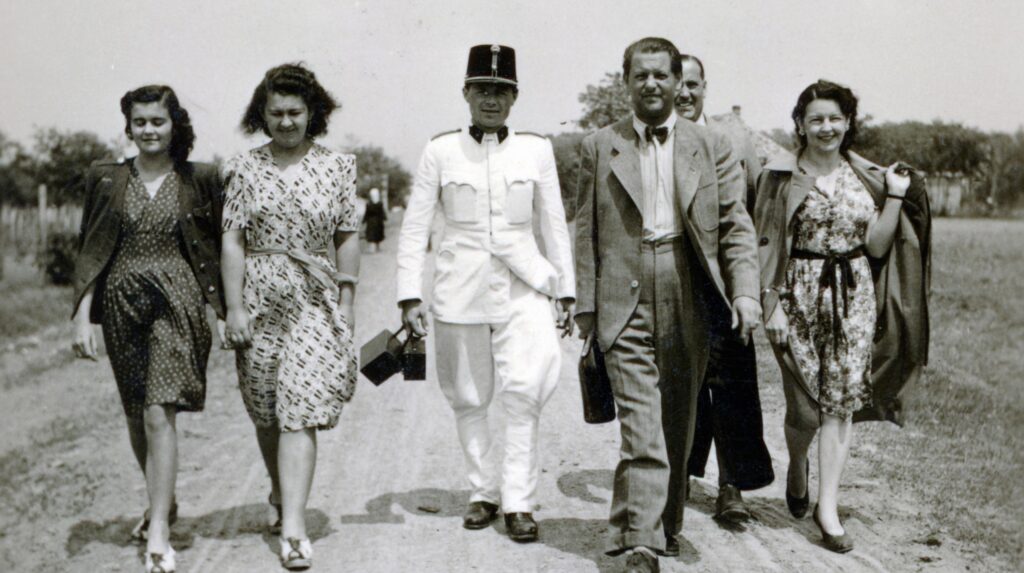
‘We could say there is a certain discreet charm to the images from the summer of 1944, selected from Fortepan’s collection. But this charm, we might add, is rather almost morbid: we wonder at the cheerfulness captured by amateur and professional photographers during those dark months. People sunbathing, swimming in Lake Balaton, picnicking in flowery meadows, fooling around in front of the camera. Were they indifferent to the tragic events taking place during that period?’

‘Whenever we are in Szeklerland and the Szekler anthem is sung, I sing it with the others. People find it strange, but it’s natural for me…Emotionally, I am completely attuned to Hungarians, I am with them in their joy and sorrow. I often say: I am at home in two places. Whether the plane lands in Hungary or in Vietnam, I come home.’
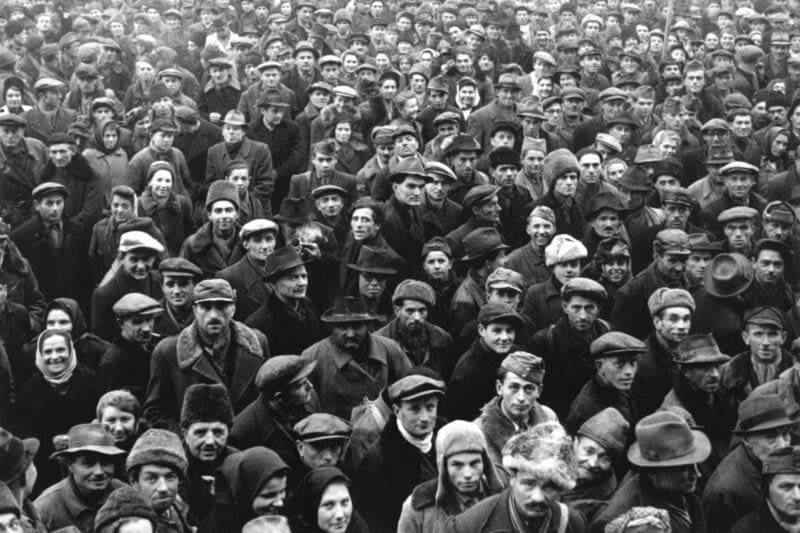
The imperative of transparency also implies a proliferation of information which, quite deliberately, does not establish the truth, but only serves to make the world more opaque.